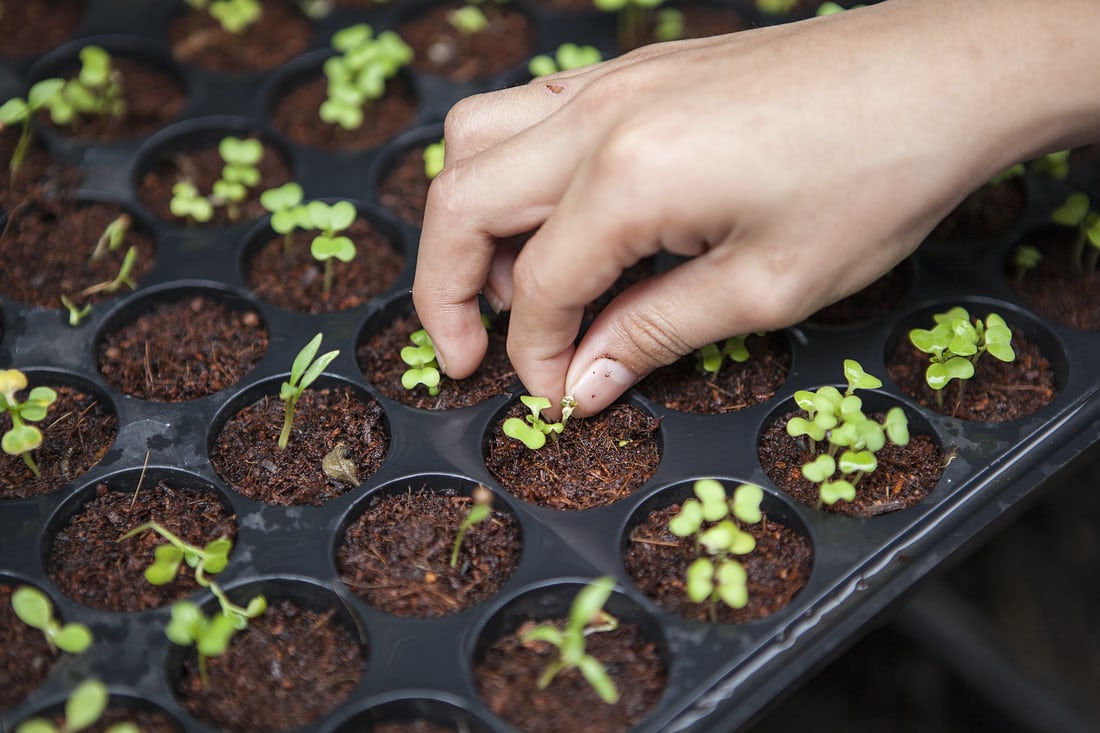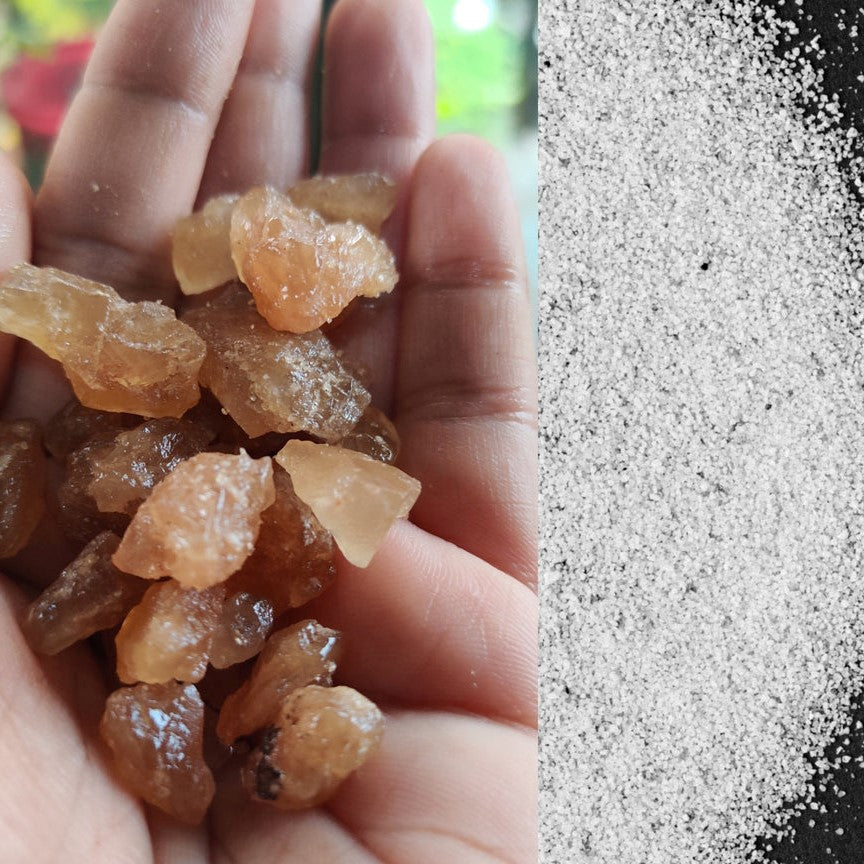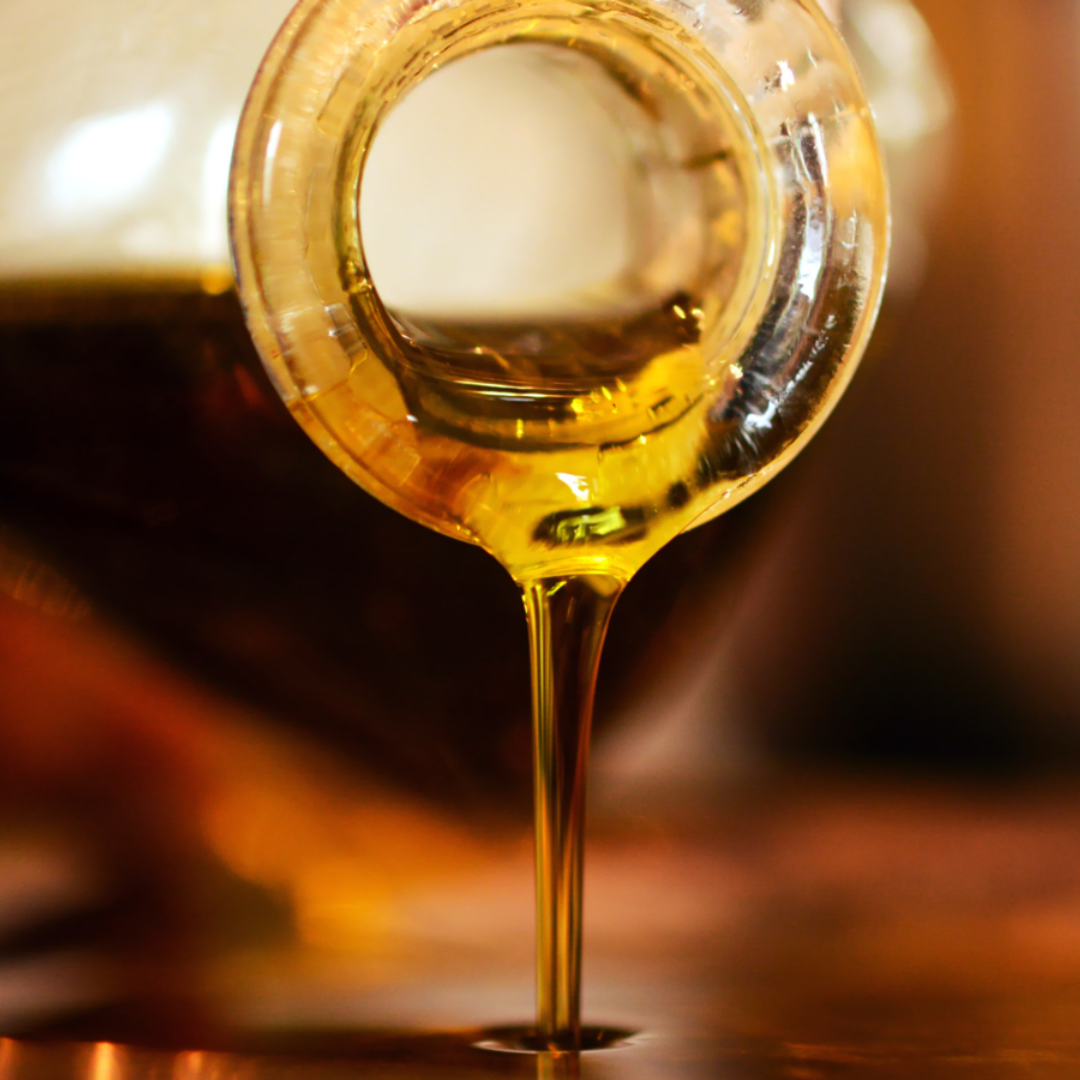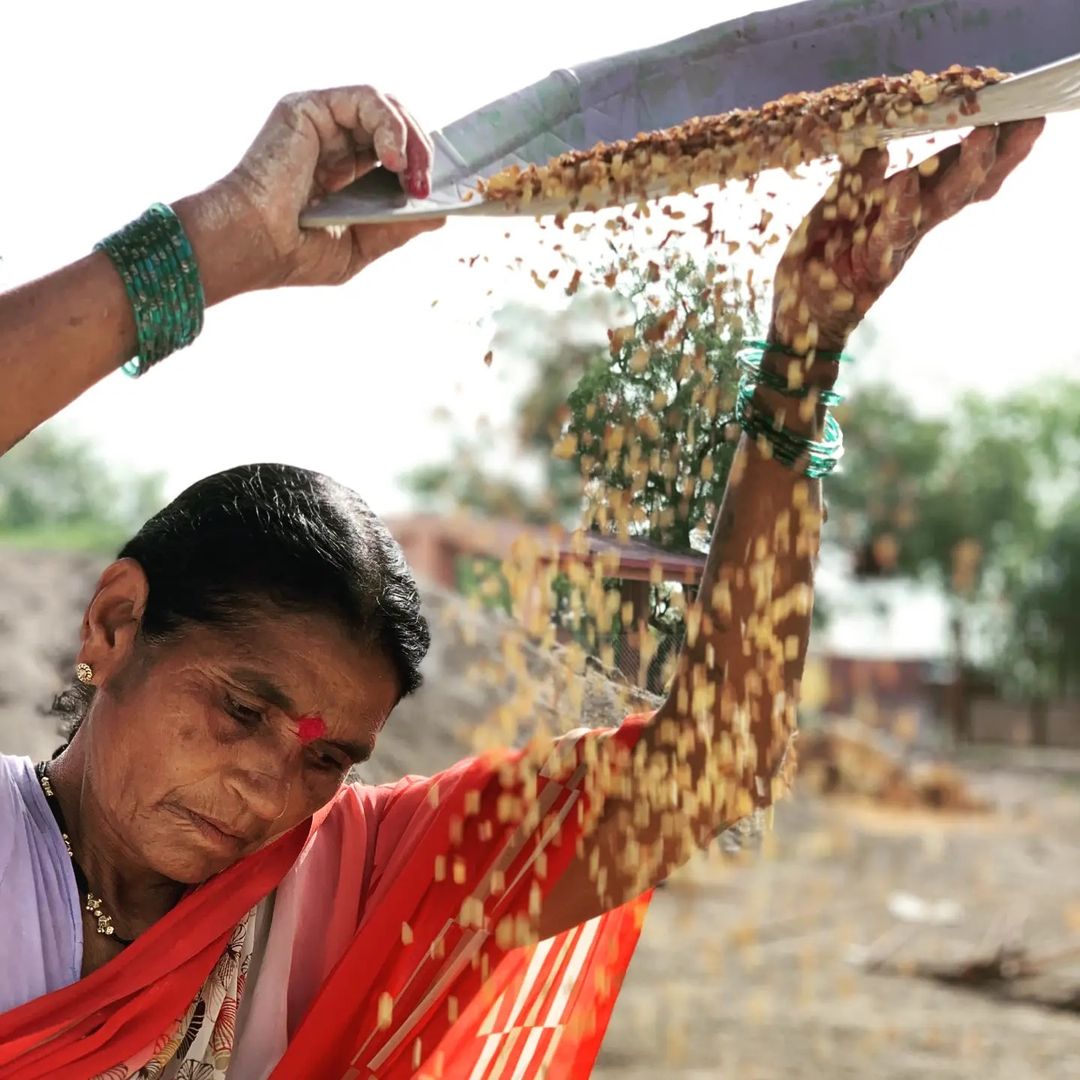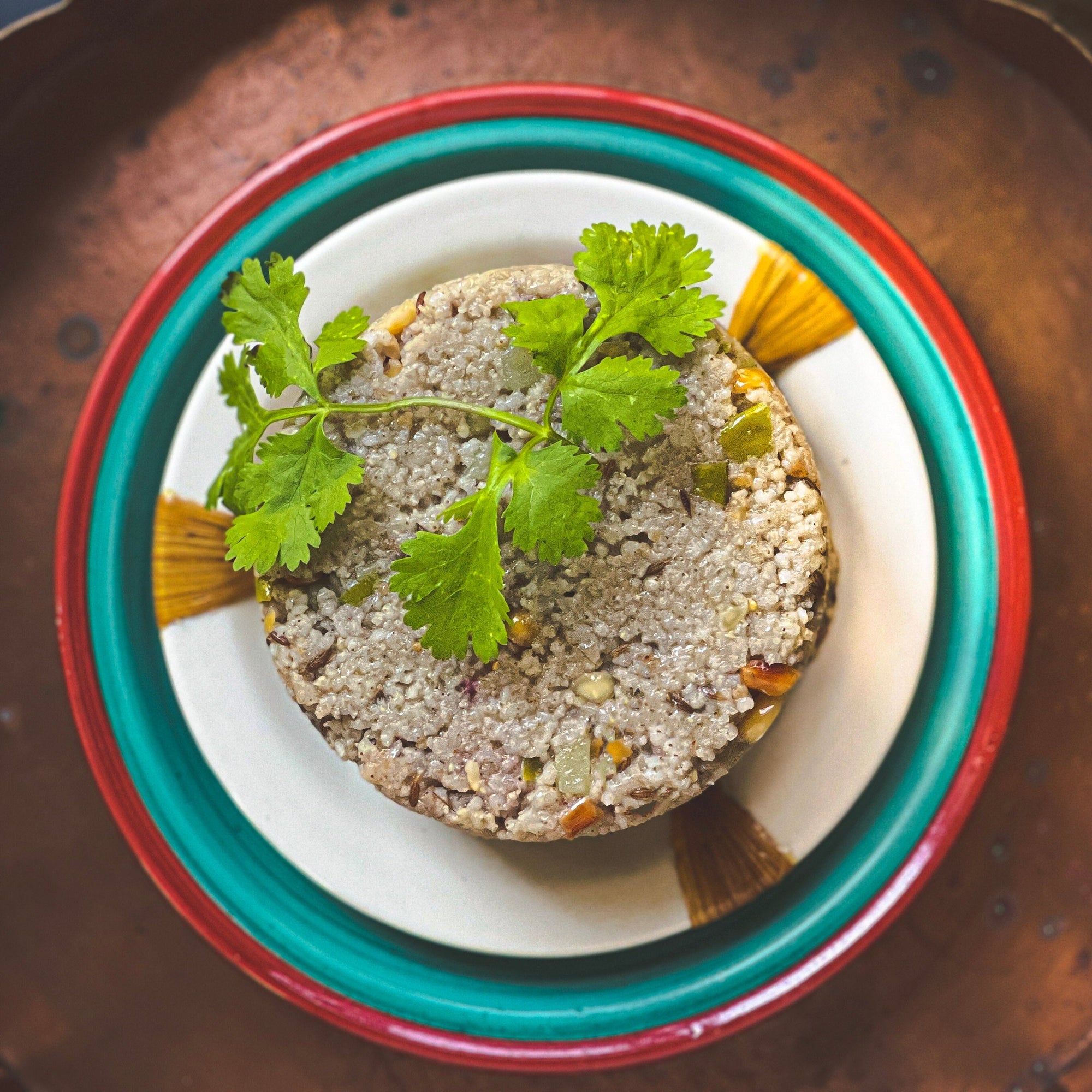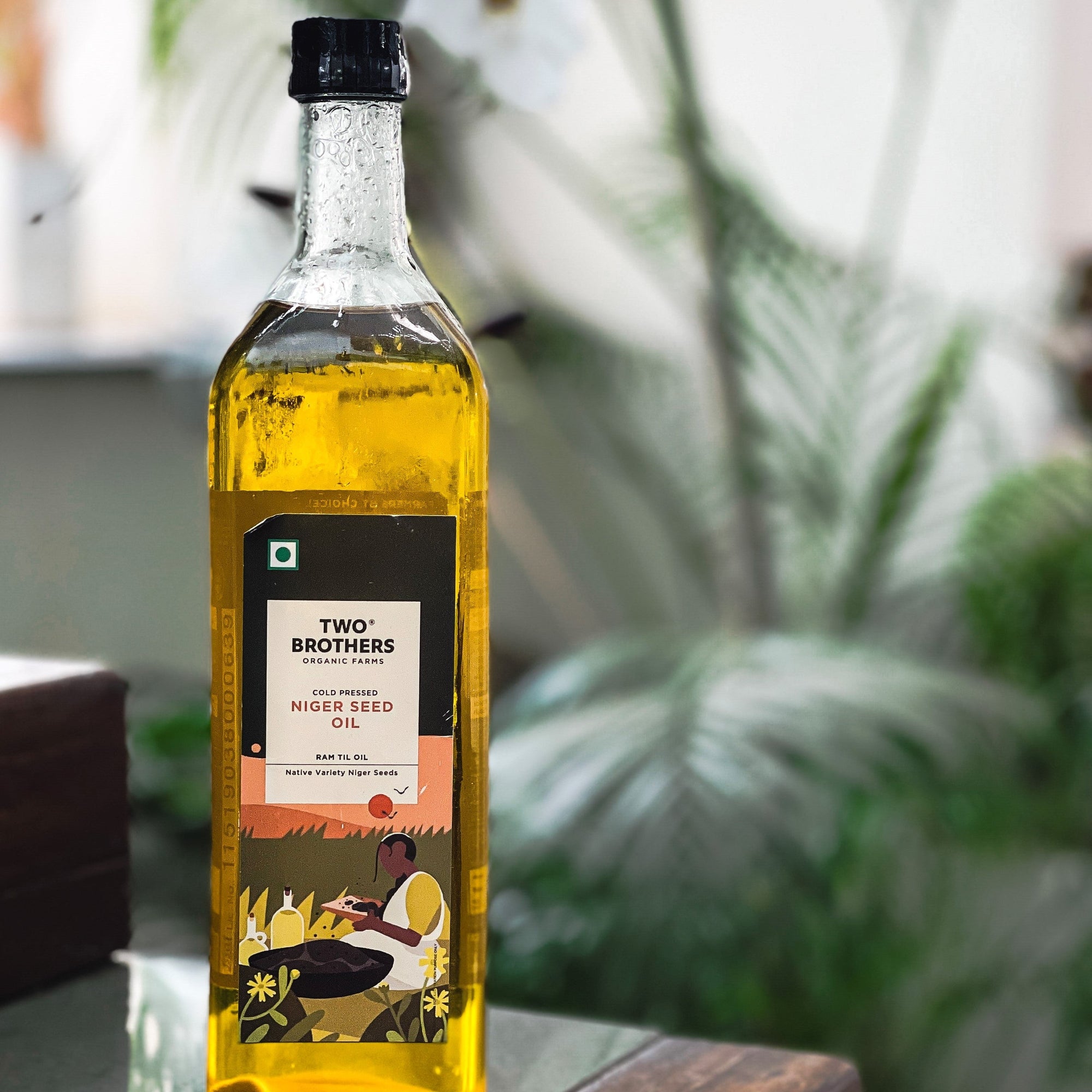The organic food market has doubled its sales over the last decade. This makes the need for organic farming greater than ever.
About 30 percent of the world's total organic producers reside in India. Yet the country's organic acreage only accounts for 2.59 percent of the overall organic cultivation area. That's around 1.5 million hectares of the total 57.8 million hectares!
Other countries also seem to have a similar trend. In the U.S., for example, the organic cultivation area only makes up 1% of its total farmland. The imbalance is reflected all over the world.
But why is there a scarcity on organic farms despite its undeniable demand?
What is organic farming?

Photo by Dan Meyers on Unsplash
Contrary to popular belief, organic farming is more than just tossing away synthetic fertilizers and pesticides. Turning off your chemical sprayers may be a huge part of the deal. But bona fide organic farmers also need to know the different areas of the production practices.
Organic farming is a technique that involves an in-depth understanding of natural soil and plant management. Its process- from cultivation to trading- heavily relies on ecologically-balanced principles of agriculture.
In other words, organic farming steers clear from the traditional synthetic fertilizers, genetically modified organisms, antibiotics, synthetic growth hormones, and artificial preservatives. And instead, makes use of natural deterrents and other biological materials.
The industry comes with a lot of changes that are far from the style we're all used to. From ensuring that the plant gets enough nutrients to tackling nasty insects and weeds, it's not an easy switch. Yet farmers continue to push for the transition and encourage people to shift to this much sustainable operation. And for a good set of reasons.
Why choose organic farming?

Photo by Joshua Lanzarini on Unsplash
The world is going through a lot of challenges such as the skyrocketing population, problematic waste management, the terrifying climate change, and many more. With these, sustainable food products are the need of the hour. The call for farming methods that provide nutritious food without further damaging the environment increases.
Here’s why organic farming is the way to go:
Environment-friendly
While conventional farming increases the yield for a much shorter time, it also comes with a host of problems. These synthetic-based farming can increase pollution and lead to the degradation of soil and water. With these unwanted ecological and biodiversity impacts, organic production sounds like the perfect alternative. The system grows and nurtures crops through a combination of tradition, science, and innovation. This ensures that no harm is done to the people and the environment.
Considerably healthier products
Chemicals used in conventional farming can also affect the health of both the farmers and consumers. Organic farming can create a much healthier yield without the GMO scare and other cancerous materials. Not to mention that its produce is packed with more nutrients as it is said that the natural process maximizes the nutritional content.
A low-cost alternative
Well, let's talk about the elephant in the room- the price. Choosing organic farming can be a cheaper option. It removes the need to buy expensive chemicals and fertilizers. There are also a lot of creative ways to naturally increase crop yields. More than that, the support on local farms can even help consumers save money without sacrificing quality.
Why aren’t there more organic farms?
Given these, why does it seem like there’s still a shortage of today’s organic farms?
Poor measures and support

Photo by Kamal Hossain on Unsplash
Organic farmers are still provided with fewer tools and research. The availability and access to organic education and training are relatively low. This hinders the improvement of the organic crop's shape and varieties. There are also fewer cultivation spaces in every area. So, growers also lack the peer support they need because of the distance. All these results in low productivity and lower quality yields.
Transition in the supply chain

Photo by Bee Naturalles on Unsplash
This is probably the biggest thing for any farmer per se. We all need a place to sell our produce at a fair price. However, the transition doesn't provide a wide market. The costly requirements are even more discouraging. We still have an underdeveloped domestic and global supply chain of organic products today. And this can disrupt the flow of the products. Farmers are affected- especially those mid-sized businesses located in remote regions.
Simply supporting your local organic farms can be the start of the world's turnaround on the farming and food crisis. Save the environment while nourishing yourself with healthy food. Together, we can all transition to a much sustainable market.

